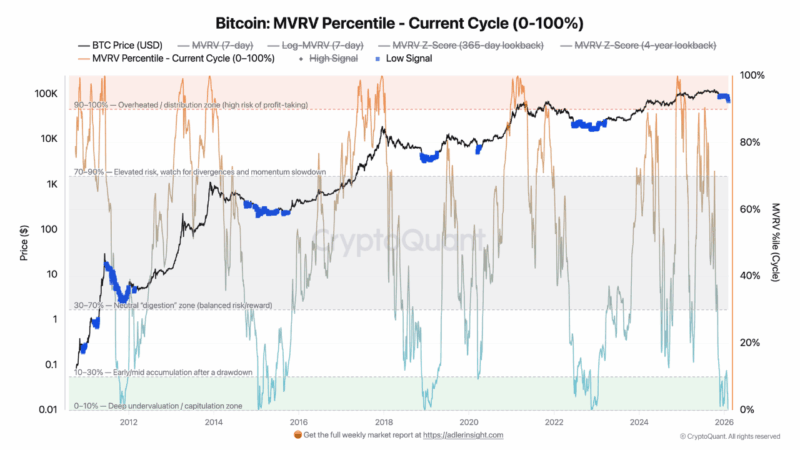Encrypted Messenger Company Signal Faces Scrutiny Over Mobilecoin Integration


Signal, the cross-platform encrypted messaging service is facing criticism this week, after the company Signal Messenger told the public it was integrating the cryptocurrency mobilecoin. Moreover, controversy surrounds the company’s founder and CEO Matthew Rosenfeld, known as ‘Moxie Marlinspike’ over his previous ties with the Mobilecoin project.
The Relationship Between Mobilecoin and Signal
During the last week, Signal Messenger has been under fire for integrating the privacy-centric cryptocurrency mobilecoin (MOB). The subject has been trending on social media and forums as a number of crypto advocates are not pleased with the choice.
According to the MOB project’s website, the entire distributed ledger is “opaque” as “individual transactions are cryptographically protected, and the network uses forward-secrecy.” Since Signal’s announcement MOB has gained over 450% since then and today it’s up 20% during the last 24 hours.
MOB is currently trading for $58 per unit and the trading platform FTX Exchange is the most active market trading it today. Controversy is tied to the relationship Marlinspike allegedly had with Mobilecoin prior to the integration. Word on the street is Marlinspike was simply a MOB advisor but documents indicate the Signal founder may have played a CTO role.
In addition to that controversy, the project has been accused of being centralized, a copy of monero (XMR), and 100% pre-mined as well. A pre-mine is when the network’s entire supply of native tokens is created right away and developers and early investors have access to it all.
“Mobilecoin is 100% premined,” the Reddit user and r/cryptocurrency forum moderator u/samsunggalaxyplayer said. “100% of the supply was created in 16 outputs that can be distributed however the initial founders like. There is extremely limited information about how they will be distributed, though it’s highly likely that the founders will keep some for themselves.”
‘Private Keys Stored on a Secure Enclave,’ Mobilecoin CEO Denies Marlinspike Was a CTO
The Redditor also said that Mobilecoin team members like to “discredit Monero wherever they can.” On Twitter, software developer Pokkst spoke out against the Mobilecoin project as well. A few more things about Mobilecoin,” the developer tweeted. “When Mobilecoin is run with Intel SGX, user’s private keys are transmitted to remote nodes and stored in their secure enclave. Lol. Basically Intelcoin. It’s 100% premined, with a hardcoded 0.01 MOB fee per tx. Currently, that’s $0.66 per [transaction]. All [transaction] fees currently go to Mobilecoin Foundation.”
Pokkst added:
The creator of Signal has a huge stake in Mobilecoin, so Moxie is pumping his bags by using Signal.
Following the Mobilecoin announcement, people who disliked Signal’s integration with MOB started to recommend the encrypted messaging service called Session. The Session project leverages a blockchain and is a Signal fork. Despite the documentation showing Moxie as the CTO, Mobilecoin CEO Joshua Goldbard recently said that “Moxie was never CTO.”
What do you think about the controversy over Signal and the Mobilecoin project? Let us know what you think about this subject in the comments section below.
Image Credits: Shutterstock, Pixabay, Wiki Commons, Signal logo,
Disclaimer: This article is for informational purposes only. It is not a direct offer or solicitation of an offer to buy or sell, or a recommendation or endorsement of any products, services, or companies. Bitcoin.com does not provide investment, tax, legal, or accounting advice. Neither the company nor the author is responsible, directly or indirectly, for any damage or loss caused or alleged to be caused by or in connection with the use of or reliance on any content, goods or services mentioned in this article.
Read disclaimer

